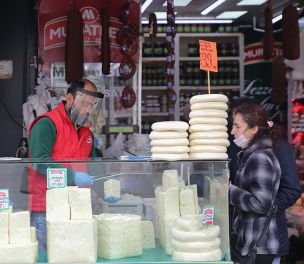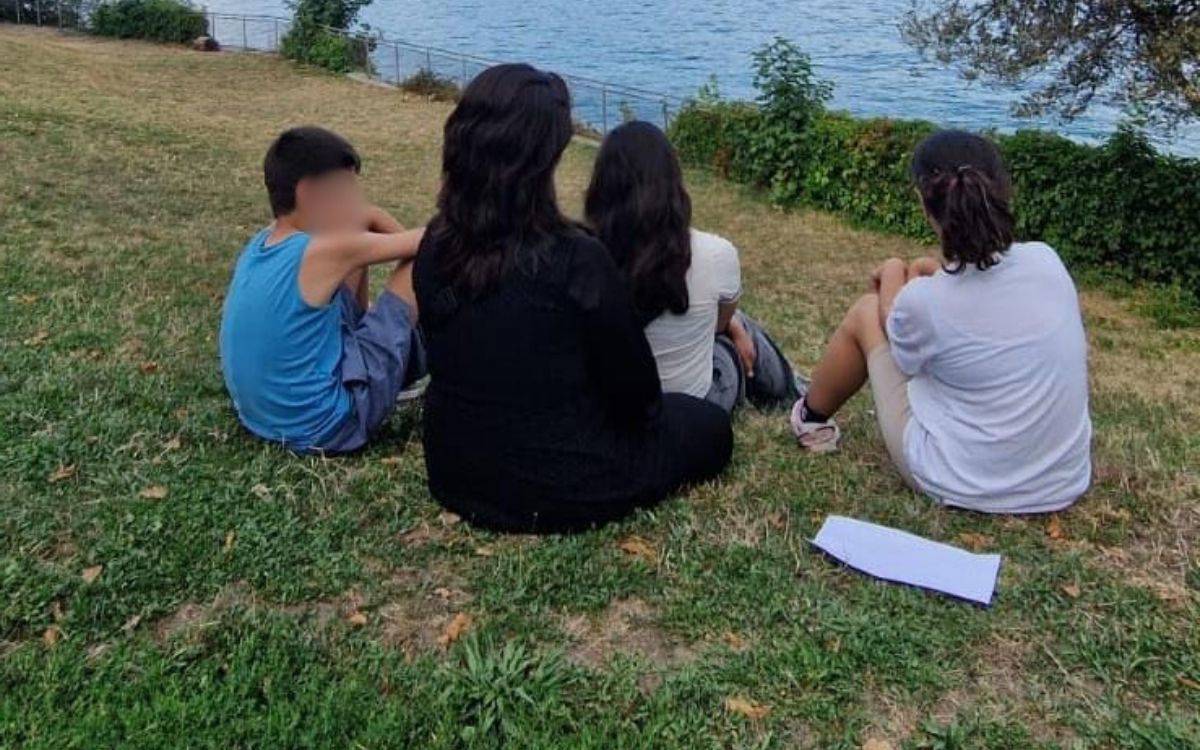* Photos: Deep Poverty Network / "Change it from your home"
Click to read the article in Turkish
The Deep Poverty Network is a platform that solidarizes with the poor in İstanbul. They have also helped them amid novel coronavirus (COVID-19) pandemic. The network has just released the figures regarding how the pandemic has affected the households that it could reach and how much support could be provided to these households from March 18 to May 1.
The network granted food aid to 3,000 people in several districts and neighborhoods in İstanbul, such as Şişli Kuştepe, Beyoğlu Kasımpaşa and Fatih Karagümrük, or Sulukule Neighborhood, among many others.
'We have launched a social media campaign'
Speaking to bianet, Hacer Foggo from the Deep Poverty Network says that they, together with crisis response teams, took action to ensure that daily life could continue in the city despite poverty:
"Deep poverty refers to a chronic state of abject poverty faced by those living under the starvation line. Because the aged trying to make a living with daily income, waste pickers, flower sellers, peddlers, precarious textile workers, barbers, tailors, waiters and others with similar jobs have started to have difficulties in accessing food during the outbreak.
"We, as the Deep Poverty Network, launched a campaign under the hashtag #EvindenDeğiştir (Change it from your home) on March 18 so that we would not leave alone the families that we had been following in the field for 15-20 years. These figures are the figures of a single month.
"We have done an extraordinary job since March 18 and, without collecting any donations, we have managed to send food to the families at the starvation line only with the online shopping of our supporters. It was emotionally really tiring for me and my friends. I have been working with families in poor neighborhoods for 15 years, but I have never seen such a period before when all basic needs just disappeared in households.
'Don't let it be too little, too late'
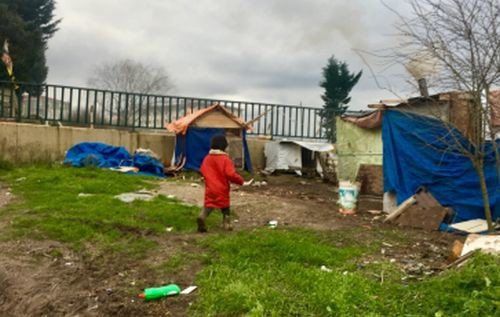
"They cannot access food, cannot even buy baby food or pay the rent, the bills pile up on top of each other... If there is a single mother, a disabled, chronically ill, bed-ridden or old person, a child or baby at home, life has reached a dead end for them even more.
"We now witness the aged who have to move in with their children because they cannot pay their rent or young couples who move in with their mothers for the same reason. Spouses can even move in with separate mothers sometimes. As for the ones who do not have such an opportunity, they face the risk of becoming homeless.
"Children and babies are among the biggest victims of this whole process, they have difficulties in accessing food and baby formula.
"To children, it is a process which is difficult to understand, it has caused an extreme trauma and rage for them. The Deep Poverty Network is, of course, not a model of social service. It is a solidarity network and a crisis response that has taken action to meet the needs such as food and hygiene products, diapers and baby food, to pay water, electricity and natural gas bills so that people can access fundamental rights more easily."
Concluding her remarks, Foggo has noted that the state needs to intervene in the problems of homelessness and abject poverty with an understanding of a social state and with urgent measures in the aftermath of the pandemic. "Otherwise, it will be too little, too late," she has warned.
'Over 10 thousand people have lost their jobs'
In its report, the Deep Poverty Network has shared information about how the pandemic has affected the households in abject poverty in İstanbul and how much it could help them in this process.
According to the information that the network could obtain from the households it reached in İstanbul:
- Over 10,000 people have lost their jobs amid pandemic.
- 380 of these people are the ones who used to make a living by working on the street, such as musicians, flower sellers, shoe shiners, bagel sellers, peddlers and waste pickers.
- 95 of them used to make a living with daily jobs such as cleaning houses, working at constructions or babysitting.
- 31 people have lost their sources of income because their workplaces such as restaurants, barbers and coffee houses have been closed.
- 107 people have been laid off.
- 130 people have been given unpaid leaves. The majority of them were working in the textile sector.
- 14 people have been unemployed for a long time.
- 32 single mothers cannot work because they care for their children.
- 42 old people cannot access work opportunities because of their age.
- Refugees live in 12 households.
- There are also eight students and two not appointed teachers.
- In 1,227 households, there are at least 1,247 children, 126 babies, 69 students, 19 pregnant women, over 50 aged people, 47 people with disabilities, 10 cancer patients, eight bed-ridden people and 13 heart patients. (EMK/SD)





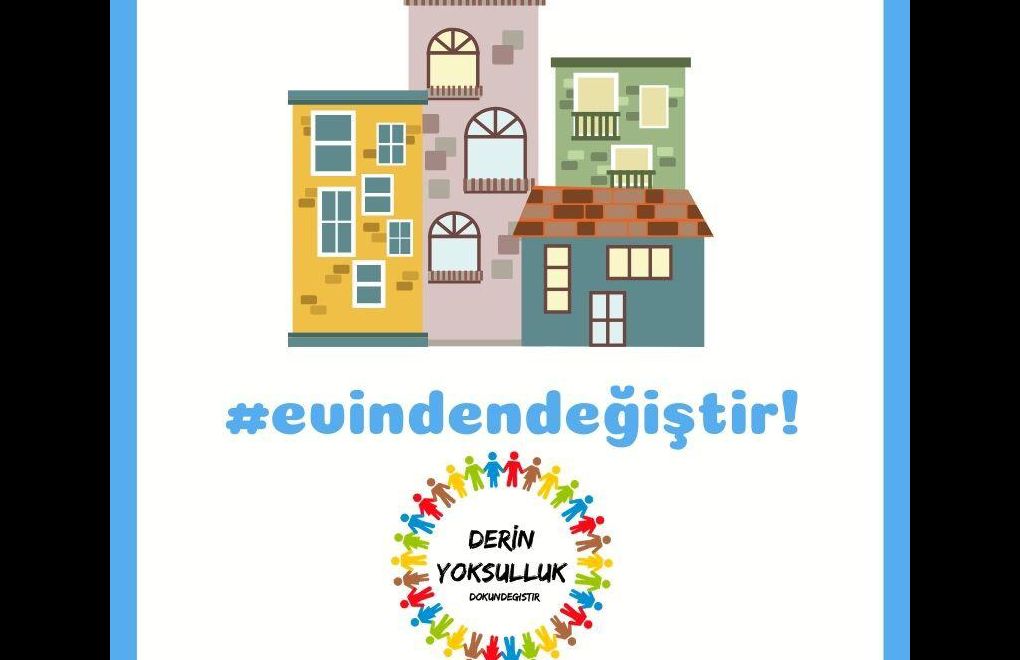
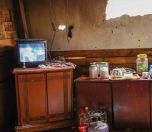
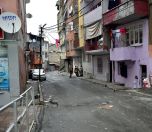
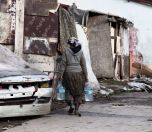
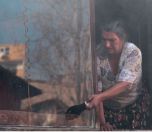
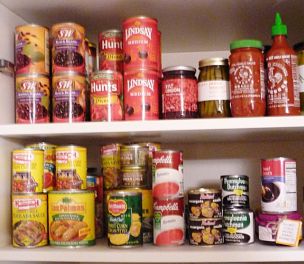
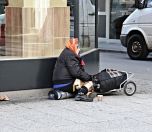
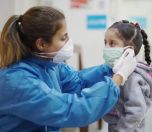
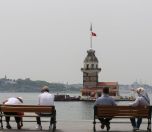
scd.jpg)
